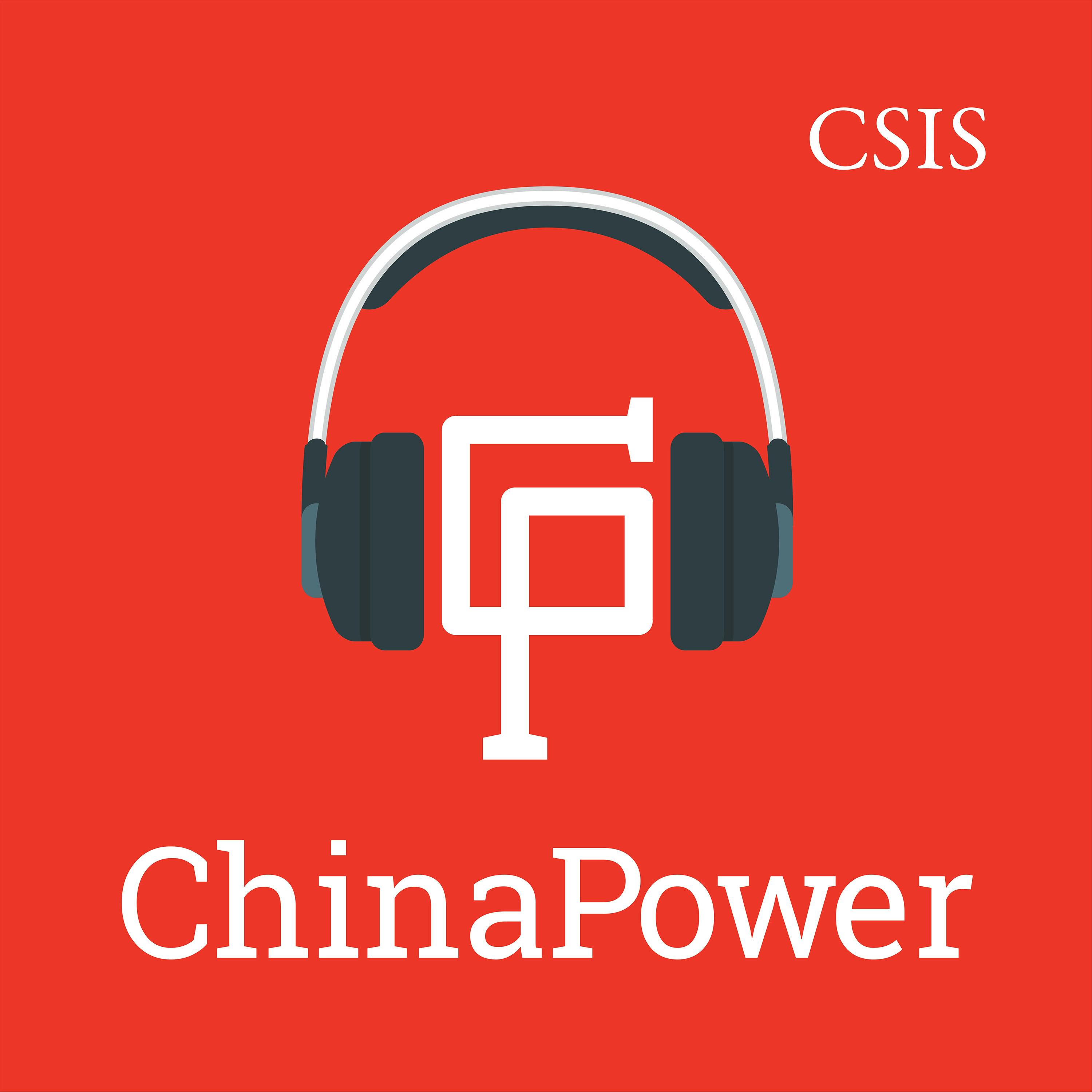
U.S., China, and Economic Warfare: A Conversation with Mr. Edward Fishman

ChinaPower
Deep Dive
Shownotes Transcript
In this episode of the ChinaPower Podcast, Mr. Edward Fishman joins us to discuss the evolving landscape of economic warfare and the United States’ strategic use of economic tools against China and other global actors. Drawing from his new book, Chokepoints: American Power in the Age of Economic Warfare, he explains how sanctions, tariffs, and export controls have become central to great power competition and explores how today’s hyper-globalized economy has created chokepoints—critical areas where one state holds a dominant position, allowing for few alternatives. He examines the most potent weapons in the U.S. economic arsenal, and how their use—or mere threat—can compel adversaries to shift behavior. Mr. Fishman provides an insider’s account of the Trump administration’s economic warfare strategy against China and the rationale behind its approach. He also analyzes China’s dual-track approach to economic warfare, the Biden administration’s use of economic warfare against Russia, and the role of U.S. firms in carrying out Washington’s policies. He concludes with recommendations for how the U.S. can refine its strategy to more effectively compete with China.
Edward Fishman is a leading authority on economic statecraft and sanctions. He teaches at Columbia University’s School of International and Public Affairs and is a senior research scholar at the Center on Global Energy Policy. He also advises companies on geopolitical strategy and invests in early-stage technology startups. Previously, he served at the U.S. State Department as a member of the Secretary of State’s Policy Planning Staff, at the Pentagon as an advisor to the Chairman of the Joint Chiefs of Staff, and at the U.S. Treasury Department as special assistant to the Under Secretary for Terrorism and Financial Intelligence. His writing and analysis are regularly featured by outlets such as* The New York Times*, The Wall Street Journal, The Washington Post, Foreign Affairs, Politico, and NPR. He holds a BA in History from Yale, an MPhil in International Relations from Cambridge, and an MBA from Stanford.